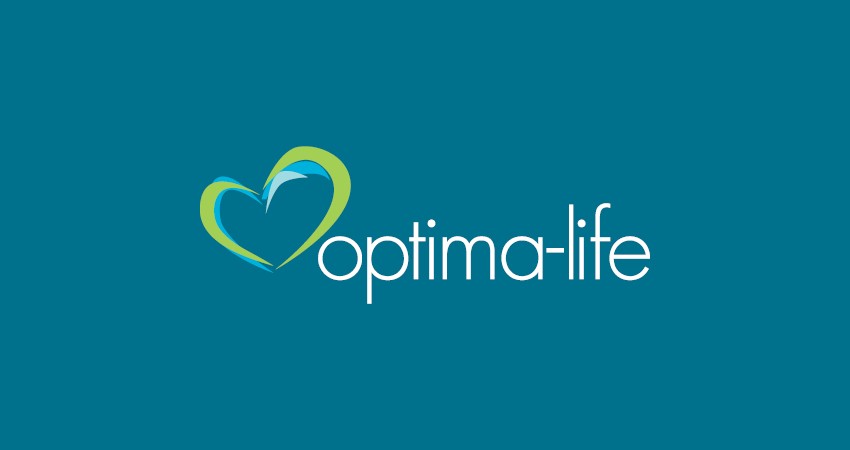Screening carers for depression – are GP’s missing a trick?
Earlier this week news screamed across the airwaves about the plight of carers; ‘GPs call to screen carers for depression’ ‘40% of carers at risk of depression or stress’,’ carers are a high risk group’. ‘At last’, we screamed, someone is actually taking notice. Proactive rather than reactive – now that’s a novelty! But did this piece of PR miss a trick?
BBC News reported Helena Herklots, Chief Executive of Carers UK, as saying:
“We know far too many carers can suffer depression, emotional and physical exhaustion – and it is important that they do not bear this responsibility alone.
“GPs have a critical role to play in identifying people with a caring responsibility and assessing their needs for support, including with depression.”
Identifying such signs is all well and good but what happens then?
Back in 2009 the Optima-life team undertook a ground breaking study with the West London Cancer Care Network, involving carers and cancer patients at St John’s Hospice. Using Firstbeat, the team established how the carers were all coping looking at physical activity, stress and importantly their recovery from daily activity. Of course the Firstbeat data was able to give the carers too a footprint of what was happening in their lives and how it was affecting them.
No prizes for guessing the resuIts; the carers were under more stress than the cancer patients.
The team then worked with each individual on developing a personalised health plan.
This is what one of the carers said:
“As a carer I work long hours and rarely have time off so as a result it is very difficult to pursue an active lifestyle. Going for my assessment at the healthpod made me more aware of the state of my health and motivated me to become more healthy. I wanted to attend the walking group and the exercise circuit group but I could only attend these on my day off which wasn’t always possible. Since going to the Healthpod I have been exercising every day on my own at my local park and I feel so much better for it. I have much more energy than I did before and I am sleeping so much better. I am enjoying my exercise time so much and I will keep it up.”
The results were written up by the West London Cancer network in an award winning poster – see attached. They revealed the importance and positive benefits of exercise for managing stress in cancer carers’ daily lives.
So four years on, yes, great to be screening carers and looking for signs of depression, but don’t underestimate the importance of exercise in any support given.
And wouldn’t it be really novel for GPs to be able to make use of Firstbeat technology to give them physiological evidence of burnout in an individual and the markers for developing and implementing health and wellbeing strategies.


